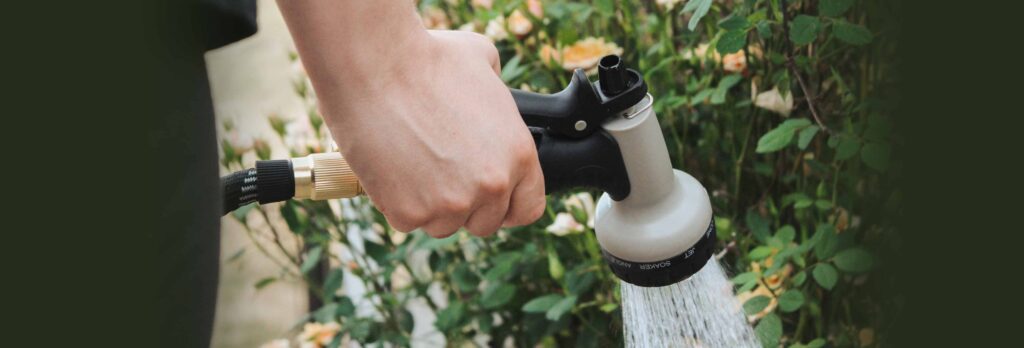
Recently, the Utah State Legislator passed regulations requiring the City to install a meter on each irrigation riser. To fund this project, the City received a 70% grant, a 25.5% loan and 4.5% City matching funds. The city anticipates starting this project in July 2023 and expects to be completed within two years.
In order to help make the installation of the meter on your property go as smoothly as possible.
- City staff will notify you with a door hanger when they will be working in your area.
- When notified, please ensure the area around your riser is clear and accessible.
- There will be temporary outages, so plan your watering accordingly.
About the project
Legislation passed by the Utah State Legislature in 2022 requires secondary water connections in Utah to have a meter by 2030.
As a result, water systems throughout the state will be installing meters until more than 200,000 connections are completed. Meter installation and public education about responsible water use have proven to be one of the state’s most effective water conservation tools.
The Installation Process
1: DIG
A contractor will dig down to your secondary water connection.
2: CONNECT
A meter will be connected, helping you and your community water system better understand your use.
3: INSTALL
A meter box will be installed to protect and give access to the meter.
4: RESTORE
Landscaping around the excavated area will be restored.
Benefits of Metered Water
Water efficiency: We can be more efficient with our water resources if we know how much we use. That’s where meters come in! Studies associated with secondary metering projects have found that metering can help property owners reduce water use by up to 30% or more through education and adjusting their outside watering. In addition, meters help detect leaks and other water supply problems.
Detect water waste: Previous metering efforts have revealed leaks that may have been going on for years, and users also had no idea how much water they were using, often leading to waste. Metering brings awareness to users and opens the door for education about using water more efficiently, which could result in water savings of more than 30 percent.
Regular supply: The water conserved this year could be next year’s supply. We need to use less on our landscapes to ensure enough water for the coming summers. When we use less, that water can be used for our homes, businesses, and the environment.